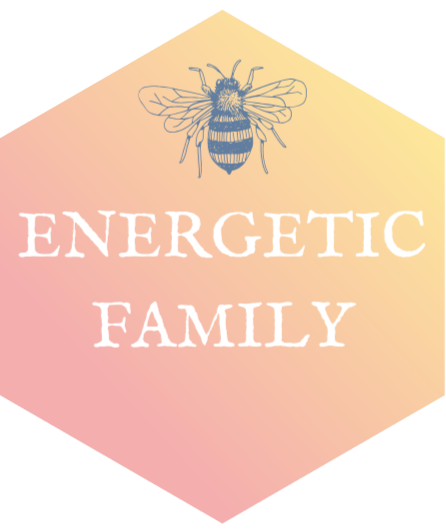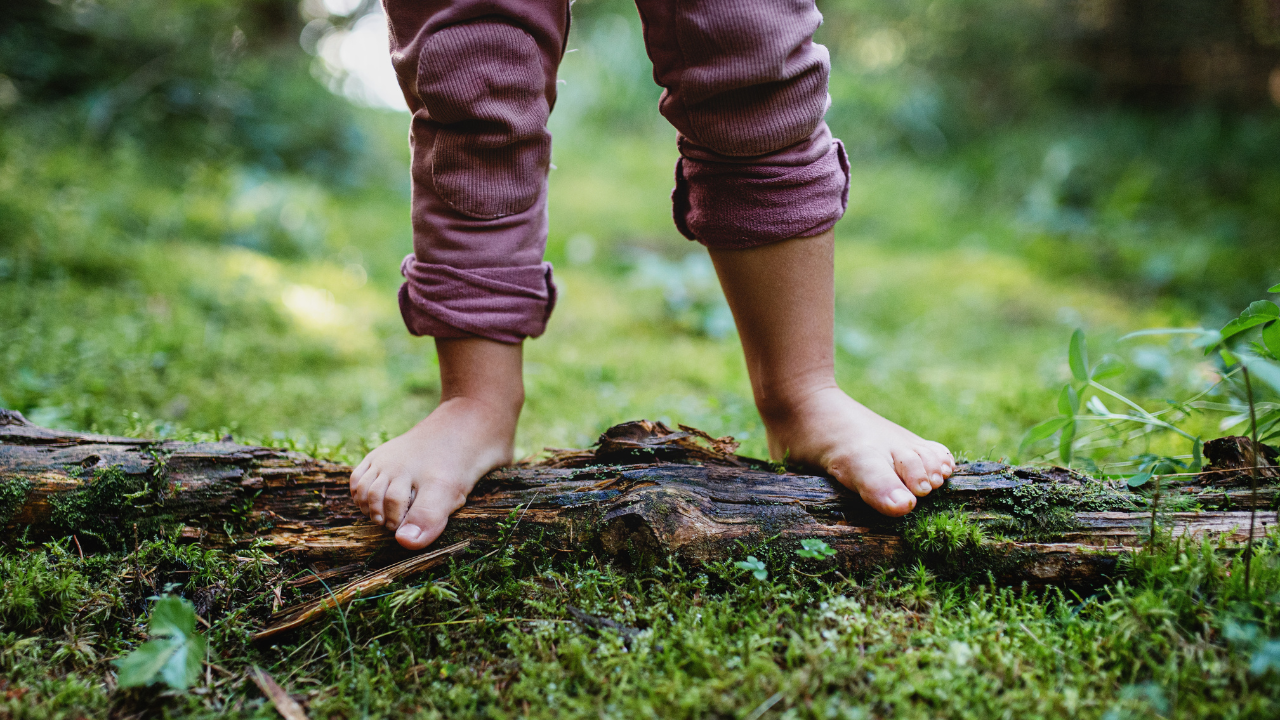For sovereign-minded families looking to infuse warmth and meaning into their home environment, taking a Waldorf-inspired approach to Unschooling rooted in the principles of Rudolf Steiner can be a transformative journey.
Waldorf Education: A Brief Overview
Waldorf education, developed by Rudolf Steiner in the early 20th century, is known for its holistic and child-centered approach to natural learning. It emphasizes nurturing a child’s physical, emotional, and intellectual well-being through a balanced and rhythmical learning environment. Unschooling families can draw inspiration from several key principles of Waldorf education to create a warm and meaningful space for learning at home.
Core Waldorf Principles
Embracing Rhythm:
Central to Waldorf education is the concept of rhythm – the idea that a predictable daily routine provides a sense of security and stability for children. Unschooling families can incorporate rhythm by establishing consistent daily rhythms, including waking and sleeping times, meals, and dedicated learning periods. This helps children feel grounded, creating a safe space for exploration and self-directed learning.
Natural Materials and Simple Living:
Waldorf classrooms are often filled with natural materials such as wooden toys, silk cloths, and other simple, handmade items. Unschooling families can follow suit by creating an environment that values simplicity and embraces natural materials. This choice not only fosters creativity but also encourages a deeper connection with the environment and a sense of gratitude for the world around us.

Artistic Expression:
Waldorf education places a strong emphasis on artistic expression as a means of learning. Unschooling families can incorporate art and creativity into their daily routine, allowing children to explore various artistic mediums, from drawing and painting to crafting and storytelling. This not only enhances their creativity but also supports their overall cognitive development.
Cultivating a Love for Nature:
Steiner believed in the importance of connecting children with nature. Unschooling families can take learning outdoors, fostering a love for the natural world. Nature walks, gardening, and outdoor activities become valuable opportunities for hands-on learning, sparking curiosity and a sense of wonder.

Honoring Individual Development:
Waldorf education recognizes that each child develops at their own pace. Unschooling families can embrace this principle by allowing children the time and space to explore their interests and passions. This gentle approach promotes a positive and meaningful learning experience tailored to the individual needs of each child.
Harmony
Integrating Waldorf principles into your home can create a rich and meaningful experience for children. By embracing rhythm, incorporating natural materials, encouraging artistic expression, connecting with nature, and honoring individual development, unschooling families can foster a warm and nurturing atmosphere that supports self-directed learning and holistic growth.
Ultimately, the marriage of unschooling and Waldorf principles creates a harmonious blend, providing children with a foundation for a lifelong love of learning.

